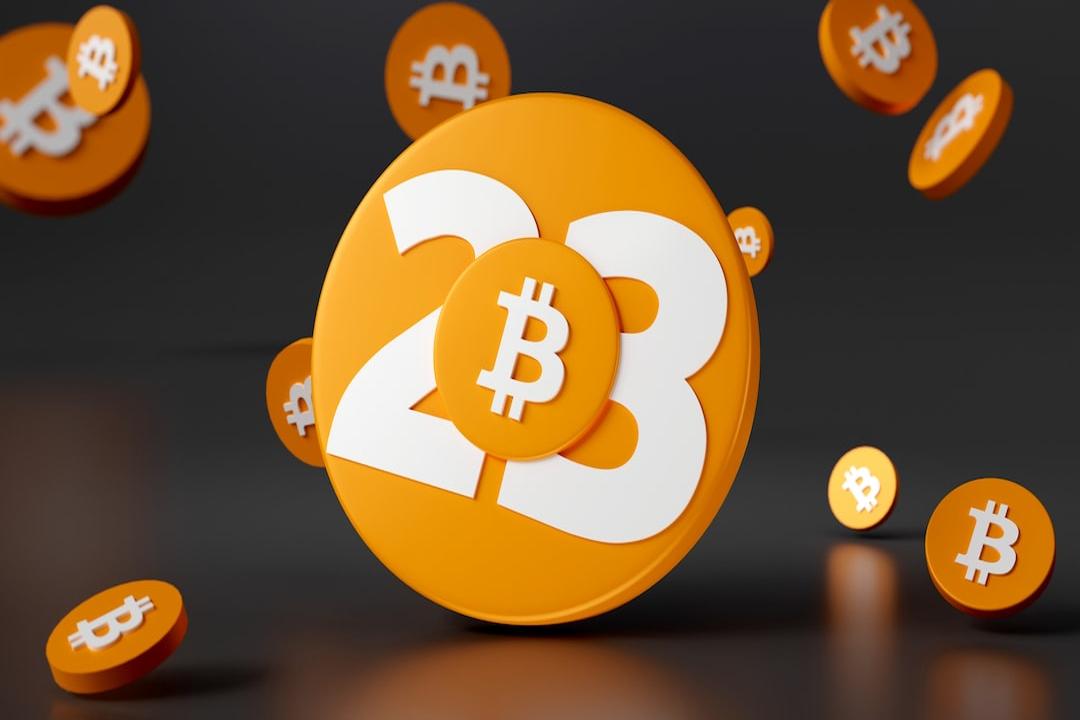Digital Payments Once Seen as the Future Now Raise National Security Concerns
In the global rush towards digitalization, the Nordic countries were once viewed as models for achieving a cashless society. However, in the current climate of heightened geopolitical risks and frequent cybersecurity breaches, this digital payment revolution is facing a moment of reevaluation. Governments in countries like Sweden and Norway are not only slowing down the pace of cashless transitions but are even urging citizens to carry cash again to prepare for potential crises.
When a Cashless Society Encounters Real-World Storms
Back in 2018, the former deputy governor of Sweden’s central bank predicted that by 2025, the country would be entirely cashless. Seven years later, this prediction has largely come true. According to the latest report from Sweden’s central bank, only about 10% of transactions are conducted in cash, with most people preferring to use credit cards or the mobile payment tool Swish, launched by six local banks.
However, with the increased threat of hybrid attacks from Russia, ongoing conflicts in Europe, and growing concerns about the vulnerabilities of digital payments, Swedish authorities are beginning to rethink the feasibility of a cashless society. From a national defense perspective, an overreliance on electronic transactions could indeed pose security risks.
Swedish Government: Please Prepare a Week’s Worth of Cash
To enhance national resilience in times of crisis, the Swedish government sent a guide titled “If Crisis or War Comes” to households across the country back in November, urging citizens to use cash in their daily lives and to prepare at least a week’s worth of cash reserves, recommending a mix of denominations to “strengthen preparedness.”
The central bank of Sweden explicitly stated in its report: “Our past payment policy prioritized efficiency, but now we must place equal importance on security and accessibility.” The government even proposed legislative measures requiring certain public and private entities to accept cash payments to prevent vulnerable groups from falling into difficulties during digital system outages.
Norway Also Shifts Towards Protecting Cash Payment Rights
Sweden is not the only Nordic country experiencing a policy shift. Norway has also actively promoted digital payments in the past, with its citizens primarily using a mobile payment tool called Vipps MobilePay. In 2024, the Norwegian government officially passed legislation stipulating that merchants who refuse to accept cash could be fined, and it encouraged citizens to hold cash as a backup.
Emilie Mehl, then Minister of Justice and Public Security in Norway, candidly stated, “If no one uses cash and no one accepts cash, then when a crisis strikes, cash will be of no emergency use.”
Vitalik: Blockchain Must Be Able to Serve as a “Digital Cash Backup”
In response to the trend of Nordic countries reverting to cash, Ethereum co-founder Vitalik Buterin also shared his perspective. He stated on social media: “Nordic countries are reconsidering their cashless policies because their centralized implementations are too fragile; cash remains a necessary backup. Ethereum must have sufficient flexibility and privacy to play a reliable role in such scenarios.”
Vitalik’s comments highlight the potential value of blockchain in the future financial system. He suggested that decentralized networks like Ethereum could become a new generation of emergency financial tools if they further enhance privacy protections and censorship resistance.
A Digital Future is Still Promising, But We Must Not Lose Sight of Fundamentals
The reflections from the Nordic countries serve as a reminder that while digital finance holds promise, it should not be entirely relied upon. When crises occur, the physicality and anonymity of cash retain irreplaceable strategic value. It also underscores the crucial role that blockchain and decentralized finance (DeFi) play in providing reliable, censorship-resistant financial infrastructure.
Perhaps the true future is not a completely cashless society but rather a flexible and optional mixed payment system—allowing people to enjoy the convenience of technology while also having means of self-protection in critical moments.
Risk Warning
Investing in cryptocurrencies carries a high level of risk, with prices potentially experiencing significant volatility, and you may lose your entire principal. Please assess the risks cautiously.

